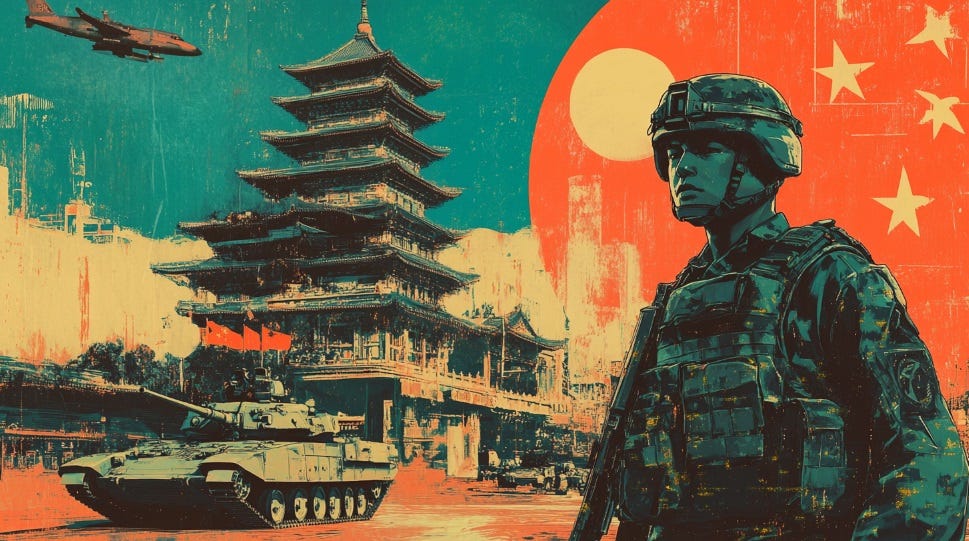⚠ How disruptive would a Chinese invasion of Taiwan be?
The risk of a Warring '20s squashing a New Roaring '20s
The Technological Singularity — maybe you’ve heard of it? It represents a hypothetical moment when artificial intelligence achieves runaway self-improvement. Thus would be born an artificial superintelligence, or ASI, that transforms our civilization beyond human comprehension — or at least beyond serious prediction. What comes after this "technological event horizon" may be impossible to forecast, much like how information cannot escape a black hole's cosmic event horizon.
This much seems clear, however (at least if you buy into the Hard ASI scenario): Our current frameworks and models for understanding the world would become as inadequate as a Neanderthal hunter trying to grasp the concept of the internet. The future would be quite foggy, indeed.
So there’s the fog of the future, and then there’s the fog of war. And sometimes they’re pretty much the same thing. I feel like there’s a veil of uncertainty around potential Chinese aggression against Taiwan. A Warring ‘20s might cut short a New Roaring ‘20s where productivity and economic growth accelerate thanks to advances in AI — that’s my concern here.
A 2022 analysis by economic consultants Capital Economics outlines a half dozen scenarios of Chinese military action and their economic and financial impacts, which I found illuminating. Here they are, in ascending order of seriousness:
Keep reading with a 7-day free trial
Subscribe to Faster, Please! to keep reading this post and get 7 days of free access to the full post archives.


